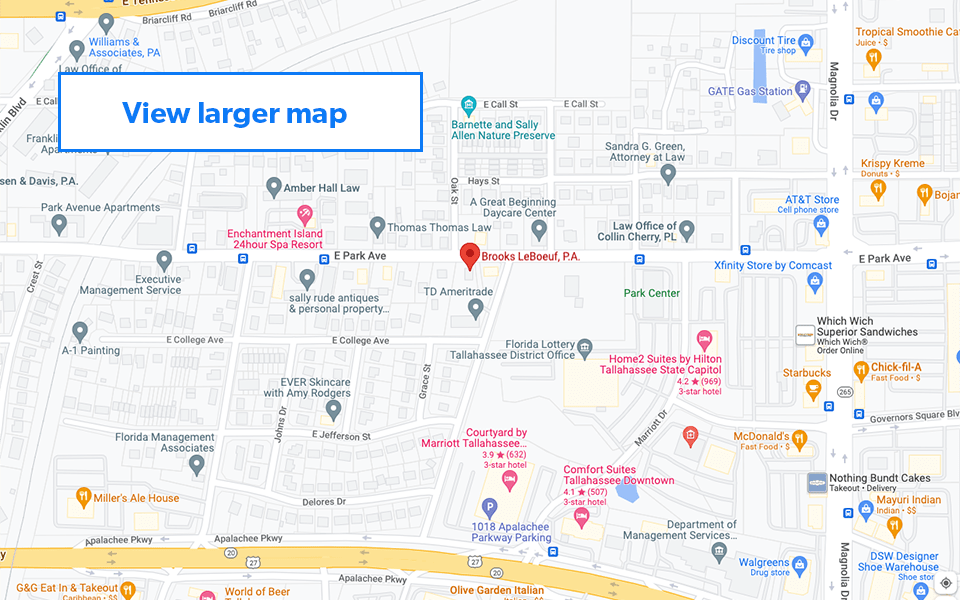Did you know that every nine seconds someone in the United States experiences a brain injury? As March is Brain Injury Awareness Month, we are joining millions of Americans in advocating for brain injury education. Many people think that brain injuries are caused by trauma to the head. While this is true, there are many ways in which a brain injury can occur. Unfortunately, when someone sustains a brain injury, he or she can experience serious, long-lasting effects. To help educate you about this important topic, let us share some facts with you about brain injuries.
How does a brain injury occur?
There are two main types of brain injuries: acquired brain injuries (ABIs) and traumatic brain injuries (TBIs). An ABI is classified as an injury to the brain that is not hereditary or induced by trauma. More than 3.5 million adults and children combined sustain an ABI each year through various causes such as an electric shock, substance abuse, or a stroke to name a few. A TBI, by contrast, is a type of ABI that is caused by external trauma to the brain. Every day, approximately 137 people die from a TBI and at least 5.3 million Americans currently live with a TBI-related disability.
What are the symptoms and effects of a brain injury?
The effects an individual may experience after sustaining a brain injury largely depend on the severity of the injury, as well as the part of the brain that has been damaged. Those who experience a severe head injury may experience changes in memory, the ability to think, behavior, stability, balance, and difficulty moving around and completing daily tasks. A smaller and less traumatic brain injury can result in frequent headaches and a sluggish feeling.
Where can those who are affected seek help?
If you are personally suffering from an ABI or TBI or are caring for someone who has, we encourage you to try to learn as much as possible about the type of brain injury and how best to combat any long-lasting symptoms. Seeking the advice and guidance from a support group can also help you share any challenges you are facing as well as have a community of people to lean on for support. The Brain Injury Association of America offers an expansive list of resources to help support those suffering from brain injuries.
Most importantly, if you believe you have sustained a brain injury, seek medical attention immediately. Do you have questions? We are your local community law firm here to help you. Do not wait to contact us at any time, day or night.


